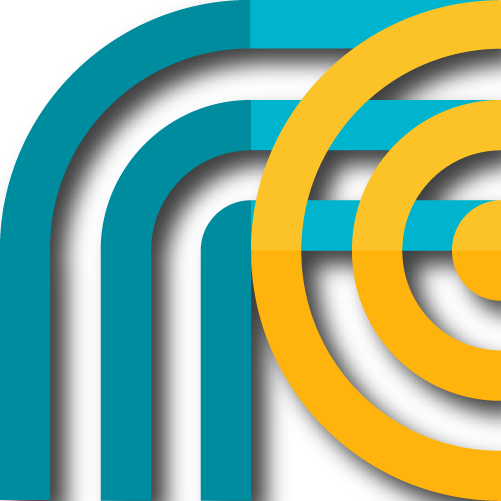Visit our new webpage with Focusing Tips by Fiona Parr
https://legacy.efa-focusing.eu/focusing-with-fiona/
|
feel free to contact us efa@legacy.efa-focusing.eu

https://legacy.efa-focusing.eu/focusing-with-fiona/
|
Download the newsletter here: Nieuwsbrief Focussen Leuven Januari 2019 Nieuwsbrief Focussen Leuven Januari 2019 Een goed leven… Nu aan het...
Dear Conference Participants, We can now make some of the lectures, workshop material and Powerpoints from Loutraki available on...
Asia Focusing International Conference 2017, August 25-27 Kobe, Japan Registration started Concept Focusing, Focusing-Oriented Therapy and Experiencing Focusing and Focusing-Oriented...
Theatre And Focusing: A Double Process By Michael Seibel, Greece I have always considered Greece the birthplace of western...
https://www.tpep.nl/ Er verschijnen twee themanummers van het Tijdschrift Persoonsgerichte Experiëntiële Psychotherapie over focusing en de nalatenschap van Gendlin. Het...
Focusing Tip No. 114 The value of Focusing in these difficult times. I want to say how much I...
Focusing Tip No. 108. What can you do if you loose touch with a felt sense, and it seems...
Was heißt gerne leben?: Experimente mit Thinking-At-The-Edge Kindle Edition Stefan Beyer has published an e-book on a TAE-theory...

Welcome to the new European Focusing Association (EFA).
We are delighted that you are joining us, and we look forward to collaborating with you in joint ventures to carry forward the gifts of Focusing.
©2024 European Focusing Association (EFA).